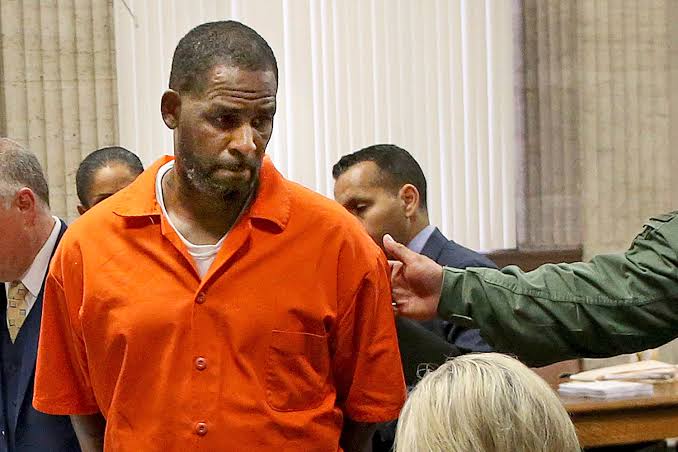R. Kelly, the well-known R&B singer, has taken his fight to the Supreme Court in an effort to reverse his 2023 conviction for child sex crimes. This conviction, which stemmed from charges filed under the federal PROTECT Act, has sparked a legal battle that could have significant implications for how laws are applied to past offenses.
On July 30, Kelly’s legal team filed an appeal with the Supreme Court, challenging the use of the PROTECT Act in his case. The PROTECT Act, enacted in 2003, was designed to help federal prosecutors pursue and convict individuals who abuse children, extending the ability to charge these offenders throughout the victim’s lifetime. Kelly’s lawyers argue that this law should not be applied retroactively to his case because the abuse he was convicted of occurred in the 1990s, before the law was in effect.
In 2020, federal prosecutors in Chicago brought 13 charges against Kelly, citing the PROTECT Act. The charges were related to crimes committed against three underage girls in the 1990s. Kelly was ultimately convicted on six of these charges, which included creating child pornography and coercing minors into illegal sexual activities. Following his conviction, Kelly was sentenced to 20 years in prison.
Jennifer Bonjean, one of Kelly’s attorneys, contends that when Congress passed the PROTECT Act, they did not intend for it to apply to offenses committed before the law was established. She argues that applying this law retroactively would not align with the legislative intent and could set a concerning precedent for how future laws are interpreted.
The outcome of this appeal could have broader implications for how laws are applied to cases involving historical offenses, particularly those involving child abuse. As the Supreme Court considers Kelly’s request, it will need to address complex legal questions about the applicability of new laws to past actions and the overall fairness of such applications.







